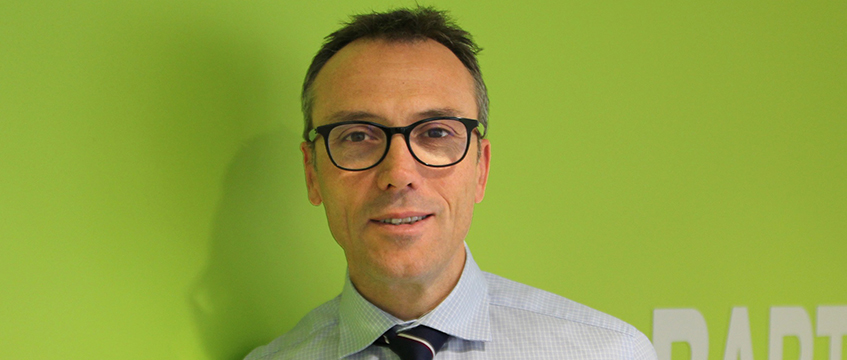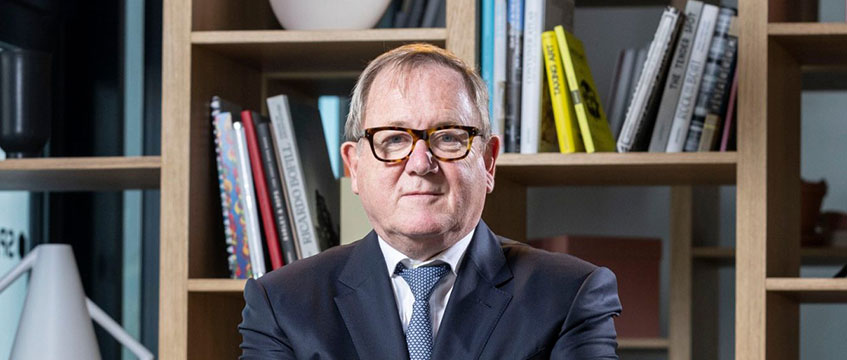COMMENT A crisis forces you to think differently – and there is no doubt we are all in a Covid-19 crisis right now. Sadly, many of us have or will be touched directly. A crisis makes you focus and it makes you reprioritise what is important. It is our families, loved ones, and saving lives: we are all in this together.
One positive, however, is that this crisis has kick-started a conversation as to the role of society and how we all contribute to that.
As a planning professional and as someone helping to run a planning and design business, I want to play my part in the restart and recovery. I, like many, am thinking ahead, and it is helpful and reassuring to do so. Our sector will have a hugely important role to play in getting the country and the economy moving again and in framing and facilitating the society we want.
Planning regulates the use and development of land in the public interest. How that is exercised is fundamental to the value society places on the mechanism of regulation and the output, ie, development.
Central to this is the process of decision-making, which must, at all times, be transparent, participative, accountable and subject to close scrutiny.
With social distancing restrictions in play, and the various responses from government, local planning authorities, industry bodies and others, what is plain to see is that the planning system we have today is adaptable. This crisis is presenting us with a real opportunity to make these adaptations and refinements to facilitate communication and decision-making. We are adapting now because we have to keep the system moving. But we could go further. We could step back and take a more holistic view on designing a better way of doing things that is fit for purpose and fit for the future. Temporary measures introduced in extremes provide us with the opportunity to break down boundaries and established practices.
Opportunity
I believe Covid-19 can prove to be the catalyst for a substantial and meaningful overhaul. An opportunity to redesign generations-old systems of decision-making and behaviour.
Participation and scrutiny are fundamental elements, but have we not all sat in examinations of local plans where participants are just reading out points they have already submitted? Or attended planning committee meetings where the public feels frustrated? While not everyone will be happy with every decision, there is no doubting there is room for improvement.
It is time to go further with this conversation. It is time to be brave and to recognise how initiatives like virtual planning committees are giving us an insight into what’s good and what’s not so good about the process, decision-making and scrutiny. We may well get the opportunity to trial new methods of hearing appeals and applications in committee. We should embrace these opportunities but take time to reflect, with an open mind, the experience of all.
When restrictions lift, simply putting the keys back into the ignition and starting up the same motor is an unambitious response and a wasted opportunity.
We can do better than that and, at this time more than ever, the sector and the country needs better than that too.
Iain Painting is senior partner at Barton Willmore











